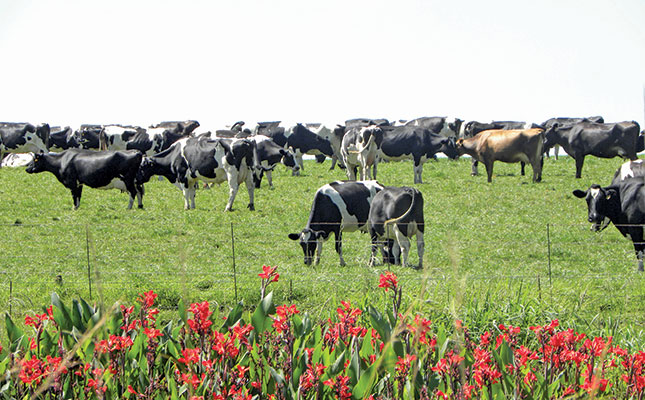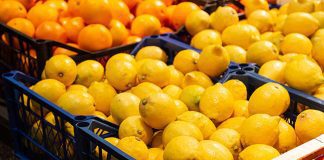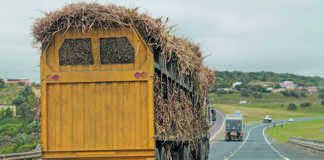
In its original announcement, Clover said its restructuring aimed to put into practice its objectives of developing higher margin value-added products in its dairy and related food categories and eliminating the group’s exposure to the future cyclicality of its low margin businesses, primarily raw milk.
Clover said it would be forming an independent “special purpose vehicle”, Dairy Farmers of South Africa (DFSA), which would source raw milk directly from Clover’s existing milk suppliers.
“In terms of the restructure, DFSA will become the preferred supplier of all raw milk requirements to Clover,” said the company’s initial statement.
In its latest statement to shareholders, Clover explained that in its pre-restructuring processes it had determined the price paid to raw milk suppliers.
The company added it was a misconception by capital market investors and other market participants that Clover, in setting the price for raw milk, may have been favouring its suppliers at the expense of company profitability.
At the same time there was a misconception among its raw milk suppliers that Clover, in setting the price for raw milk, was favouring company profitability at the expense of suppliers.
“The DFSA will determine the price at which it purchases raw milk from producers as well as the price at which it sells raw milk to third parties. Importantly, DFSA will be entitled to sell raw milk to parties other than Clover. This will result in the price of raw milk being unequivocally driven by market forces,” said Clover.
The company said it would buy milk from the DFSA at the average national milk price at which the DFSA purchased raw milk from producers. This would hopefully dispel the misconceptions held by Clover’s shareholders and current raw milk suppliers.
While not willing to comment on any milk processing company’s internal affairs, the Milk Producers’ Organisation (MPO) said South Africa’s milk producers are at present price-takers and therefore have to accept prices paid to them by milk processors.
“In many cases SA’s milk producers are also geographically bound to a specific buyer and cannot move to another processor. The processor determines how much it can pay and still make a profit. However, if producers are paid too little, milk production will, in time, decrease and those who can will move to other processors,” said MPO CEO Dr Chris van Dijk.












